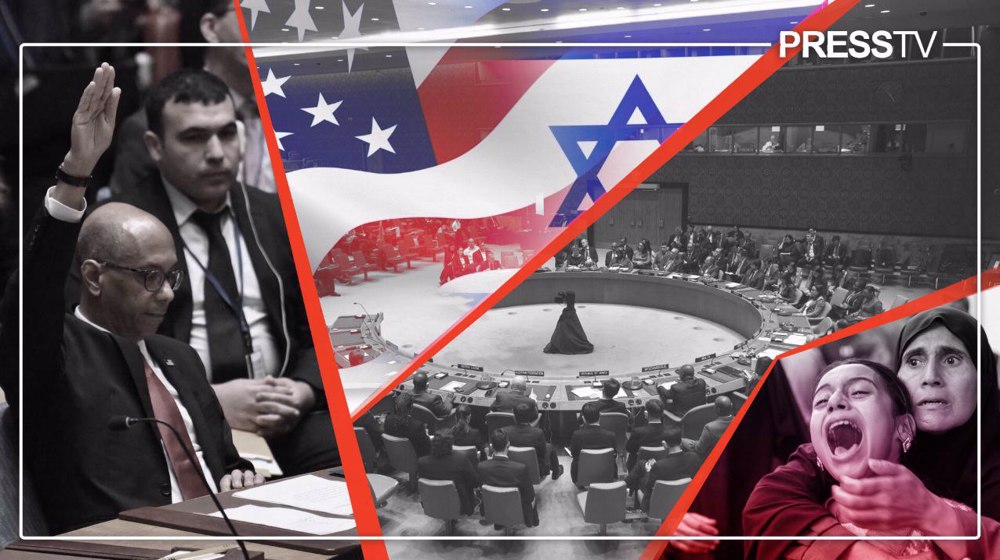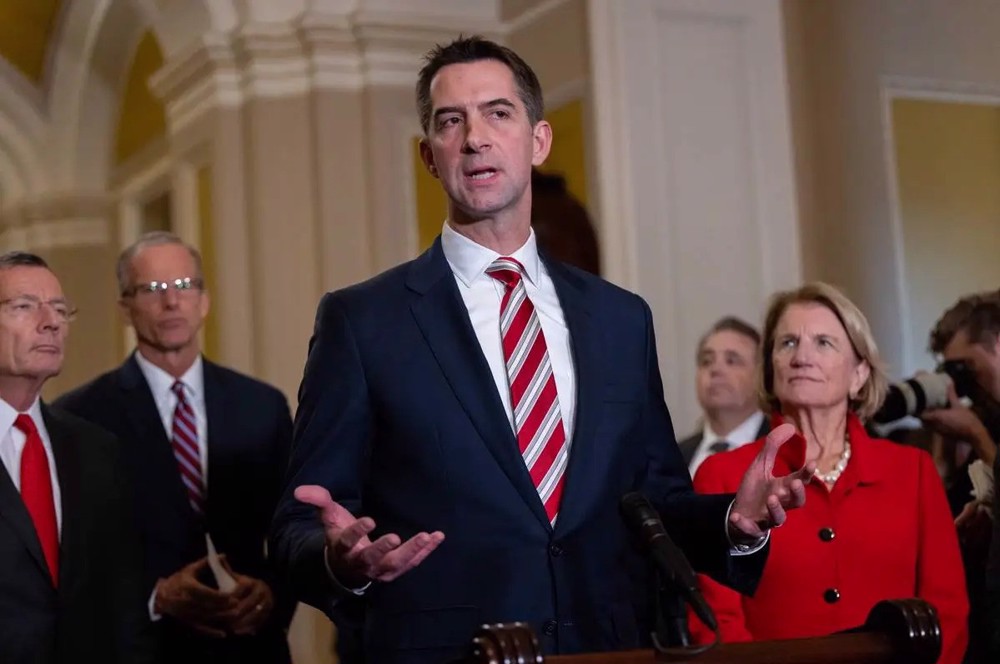US says it takes North Korea’s nuclear threat seriously
The United States says it takes seriously the nuclear threat posed by North Korea, but will go on with its planned military exercises.
North Korea has threatened nuclear strikes against the US and South Korea if they go ahead with joint military drills scheduled on Monday.
South Korea and the US started their large-scale military exercises Monday with about 17,000 American troops and more than 300,000 South Koreans taking part in the two sets of annual war games dubbed “Foal Eagle” and “Key Resolve.”
The joint military command said it had notified North Korea of “the non-provocative nature of this training,” which will continue until April 30.
Pyongyang, however, said the exercises are “undisguised nuclear war drills,” which threaten the North’s national sovereignty, and warned of “indiscriminate” nuclear attacks against the US and South Korea in response to “even the slightest military action.”
"We do take those threats seriously and again call on Pyongyang to cease with the provocative rhetoric, cease with the threats and, quite frankly more critically, cease the provocative behavior," State Department spokesman John Kirby said on Monday.
"There would not be as compelling a reason to improve alliance capabilities if Pyongyang wasn't so intent on raising the stakes on the peninsula and decreasing any sense of security or stability there," Kirby added.
He went on to say that North Korea would be well-advised to stop creating tension and focus on its people and creating peace in the region.
"Kim Jong-Un has a choice he can make, which he clearly seems unwilling to make, which is to ratchet down the tension on the peninsula, to focus his resources and energy on the people of North Korea and on peace and security there in the region, rather than trying to up the ante with these kinds of comments," Kirby noted.

It is not the first time North Korea has threatened the US and South Korea over their annual military exercises. Pyongyang has long considered the drills, which happen under its nose, as provocative, and has threatened to take action. Nonetheless, the US and South Korea conduct the exercises every year.
Kirby and Pentagon spokesman Captain Jeff Davis said Washington and Seoul would even continue with their plan to deploy a sophisticated US missile defense system to South Korea, which will further increase tension.
According to Davis, the two countries last week signed "terms of reference" for the Terminal High Altitude Area Defense System (THAAD) deployment.
North Korea has been at odds with the South since the end of the Korean War of the early 1950s. An armistice ended all military hostilities between the two Koreas back then, but no peace deal ever ensued, meaning that, while the two countries are not at war, they are not at peace, either.
In the tensions that emerge too frequently, the US has been taking South Korea’s side. Washington says Pyongyang is after developing long-range missiles that can carry nuclear warheads and can reach the US.
North Korea says its adversaries, including the US, seek to bring the regime in Pyongyang down, and it is thus strengthening itself against hostile countries.
Iran strongly present in 'dangerous waterways' infested with threats, terrorist attacks: Navy
VIDEO | Israeli strikes kill over 30 in Lebanon’s capital as carnage continues
VIDEO | Four Pakistan security forces killed as capital stormed by ex-PM Imran Khan supporters
Iran’s indigenous capacities for self-sustenance vs. sanctions
Iran's response to Israeli aggression 'beyond imagination', warns top general
Scabies outbreak: Palestinian prisoners infected amid Israel’s deliberate medical negligence
VIDEO | Trump's super Zionist picks
Israeli forces intensify raids, demolition campaign in West Bank amid clashes













 This makes it easy to access the Press TV website
This makes it easy to access the Press TV website